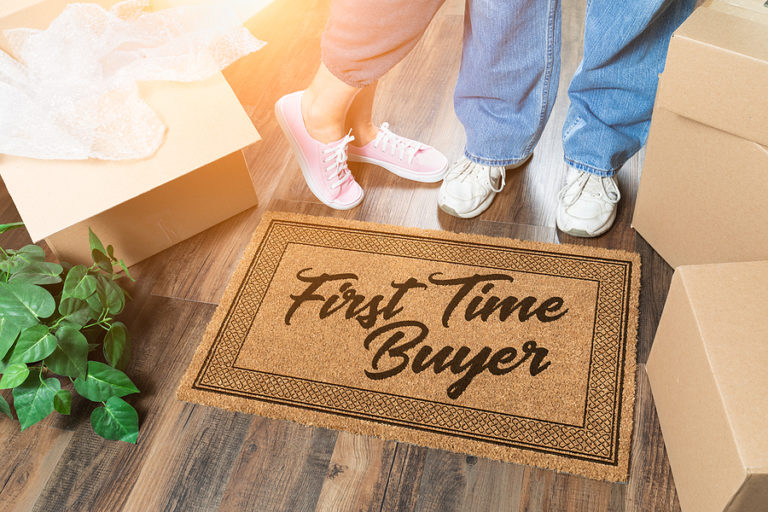CALL: (714) 210-5323

It can be quite daunting - there’s so much to think about when buying a house. Especially if it’s your first. You may be looking for some first-time homebuyer tips, a way to get down payment assistance, or maybe help with closing costs.
Let me introduce you to some of the most advantageous programs for first-time home buyers, just to start you off.
First-time home buyer costs can seem overwhelming. But, happily, there are options for assistance with your down payment and closing costs. Local and federal tax credits can help lessen the load, and then there are even some education programs that can offer help at every step of the way.
Down Payment Assistance
The down payment is a large initial expense when you buy a home, and it’s a requirement for most types of mortgages. Though many first-time home buyers believe that they need a 20% down payment to get a mortgage, many lenders issue loans with as little as 3% down.
DPA Loan
If you aren't sure you can cover a down payment on your own, you may be able to get down payment assistance (DPA) through a few specific loan types to reduce your down payment. A few options include a second mortgage, a deferred payment loan, and forgiven loans. Second mortgage loans must be paid off at the same time as your primary mortgage. Deferred payment loans must be paid in full when you move, sell, refinance or pay off your main mortgage. Loans can also be forgiven over a number of years – but will need to be repaid when you move, sell, refinance or pay off your main mortgage if you move before that set number of years expires.
DPA Grant
You may be able to get DPA through grants which don’t have to be repaid. Program requirements vary.
Government-Backed Loans
A loan backed by the federal government can also help qualified first-time homebuyers purchase with no down payment.
Tax Deductions
Unfortunately, you can no longer take advantage of the Housing and Economic Recovery Act’s $7,500 credit for first-time homebuyers. The program ended in 2010. However, you can still save money on your taxes through various deductions. Federal and state deductions can lower your taxable income.
Closing Assistance
Like down payment assistance, there are government-sponsored and private programs that can help pay your closing costs. Closing costs are fees you pay at the end of the mortgage process. Closing costs are typically 3 – 6% of the total cost of your home loan. Like down payment assistance, closing cost assistance can come through a grant or loan.
This material is not provided by, nor was it approved by the Department of Housing & Urban Development (HUD) or by the Federal Housing Administration (FHA). It is not intended to be a substitute for legal, tax or financial advice. Consult with a qualified attorney, accountant or financial advisor for additional legal or tax advice.
* There are some circumstances that will cause the loan to mature and the balance to become due and payable. The borrower(s) must continue to pay for property taxes and insurance and maintain the property to meet HUD standards or risk default. Credit is subject to age, minimum income guidelines, credit history, and property qualifications. Program rates, fees, terms and conditions are not available in all states and subject to change.
Larry Paul
NMLS #829110 | DRE #01183375
2552 White Road, Unit B
Irvine, CA 92614
Phone: (714) 210-5323
C2 Financial Corp., NMLS #135622 | BRE #01821025